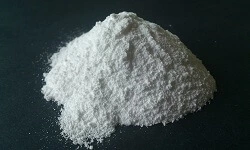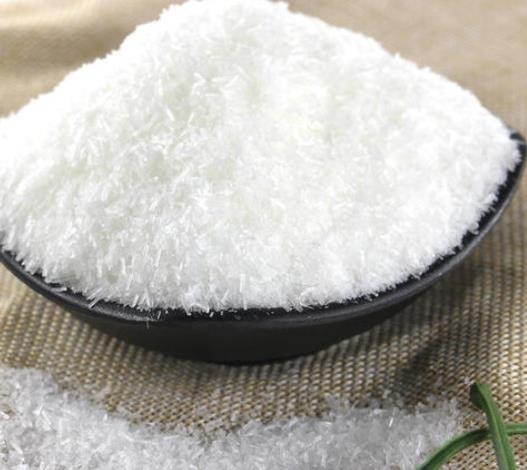Oleic Acid 80% Min
|
IUPAC Name |
: (Z)-octadec-9-enoic acid |
|
Cas Number |
: 112-80-1 |
|
HS Code |
: 38231200 |
|
Formula |
: C18H34O2 |
Basic Info
|
Appearance Name |
: Colorless transparent liquid |
|
Common Names |
: Elainic acid, cis-9-Octadecenoic acid |
|
Packaging |
: 185 Kg – Steel Drums |

.webp)


.webp)
